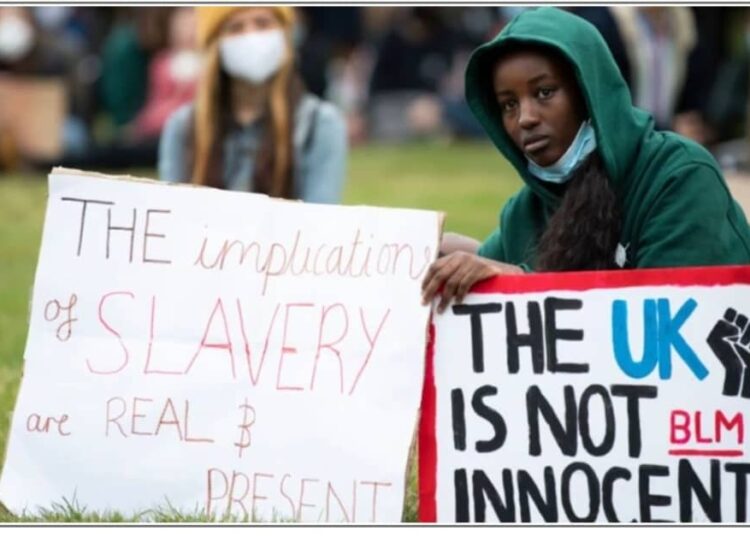The question of reparations for Africa and its descendants is gaining momentum, as the African Union has designated 2025 as the year of “Justice for Africans and People of African Descent Through Reparations”.
This decision aligns with growing calls for accountability from former colonial powers regarding the long-term consequences of slavery and colonization.
During a conference in Accra on November 14, 2023, former Ghanaian President Nana Akufo-Addo emphasised that no amount of money could fully compensate for the devastation caused by the transatlantic slave trade. However, he insisted that the global community can no longer ignore the issue. He urged African leaders to unite in their efforts to restore historical justice.
Despite these appeals, European nations remain hesitant to acknowledge their historical debts. Former colonial powers such as France, the United Kingdom, and Belgium have consistently avoided both formal apologies and financial compensation. According to historian Dominique Yamb Ntimba, this reluctance stems from a legal concern.
“An official apology could be interpreted as an admission of legal responsibility, which might trigger substantial financial obligations. That is why governments are often unwilling to take such a step,” he explained.
Indeed, the financial implications of reparations are staggering. A 2023 report co-authored by a UN judge estimated that the UK alone would need to pay over 18 trillion pounds in reparations to 14 affected nations.
In the United States, economist William Darity of Duke University has calculated that approximately 30 million Black Americans can trace their lineage to enslaved ancestors. Under a proposed reparations model, each eligible individual would receive $250,000 in compensation, leading to a total payout of $10 trillion—multiple times the U.S. government’s annual budget.
Beyond financial compensation, the systemic consequences of slavery persist in the form of racial and economic inequalities. “Although the buying and selling of human beings was abolished over 200 years ago, its harmful social and economic repercussions remain. Racism and segregation have created structural imbalances that must be addressed.
Compensation is the only way to correct these disparities. The main strategy should be to negotiate a comprehensive development package with former colonial states,” says Yamb Ntimba.
Debt relief is one potential approach. Many developing countries that suffered from slavery remain deeply indebted to Western nations. A reduction or cancellation of this debt could alleviate economic hardships without imposing significant political costs on donor states.
However, symbolic gestures alone are not sufficient. Many European governments have attempted to placate demands for reparations by returning stolen African artifacts. Yamb Ntimba dismisses this as inadequate. “For centuries, Europeans looted Africa and destroyed its populations. Now they think returning stolen artworks is enough? This is absurd and exposes Europe’s hypocrisy. Reparations are not about money; they are about restorative justice.”
Ultimately, governments and major organizations must adopt a firmer stance on the issue. A more assertive approach to reparations could help rectify historical injustices and reduce economic disparities that persist to this day.
We’ve got the edge. Get real-time reports, breaking scoops, and exclusive angles delivered straight to your phone. Don’t settle for stale news. Join LEADERSHIP NEWS on WhatsApp for 24/7 updates →
Join Our WhatsApp Channel










